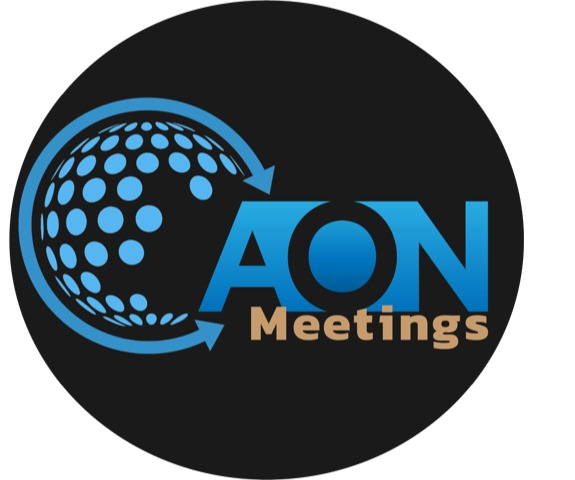Video conferencing depositions have become an essential tool for attorneys in today’s legal landscape. They offer a convenient and effective way to gather testimony and evidence, especially when in-person...
Webinars are a powerful tool for businesses to connect with potential customers and generate leads. By organizing a successful webinar, you can showcase your expertise, engage your audience, and...
Ever been stuck on a call, waiting for it to start, and all you hear is silence or some boring music? It’s the worst, right? Well, there’s a cool...
In today’s world, where remote work is becoming the norm, keeping a team connected can be a bit tricky. Virtual team building is a way to bridge the gap...
Keeping a remote team motivated can be tough. You’re not in the same room, so it’s easy for folks to feel disconnected. But don’t worry, there are ways to...
In today’s world, hosting events has evolved significantly. Whether you are organizing in-person gatherings, virtual meetings, or hybrid events that combine both formats, understanding how to engage your audience...
In today’s digital world, using online meeting chat platforms effectively can greatly improve communication and collaboration. AONMeetings is a user-friendly, secure, and browser-based video conferencing tool that offers a...
Are you planning your next event and looking for the best secure video conferencing solution? AONMeetings is a fantastic choice! This platform offers a variety of features that make...
Evaluating webinar events is crucial for understanding their impact and effectiveness. By assessing various aspects of these online gatherings, organizers can make informed decisions to improve future events. This...
